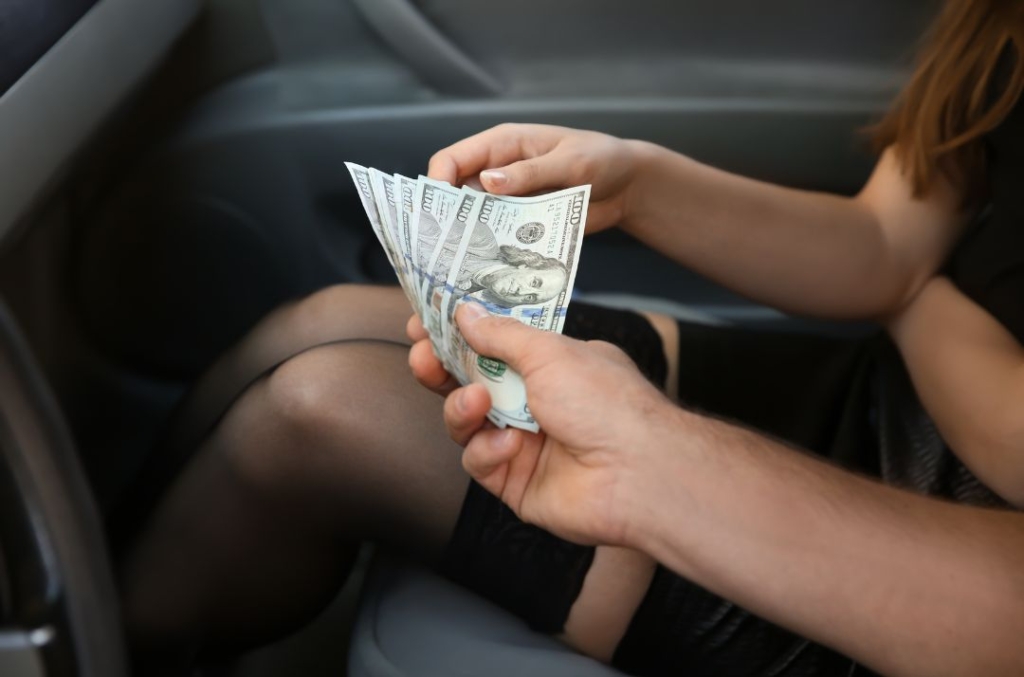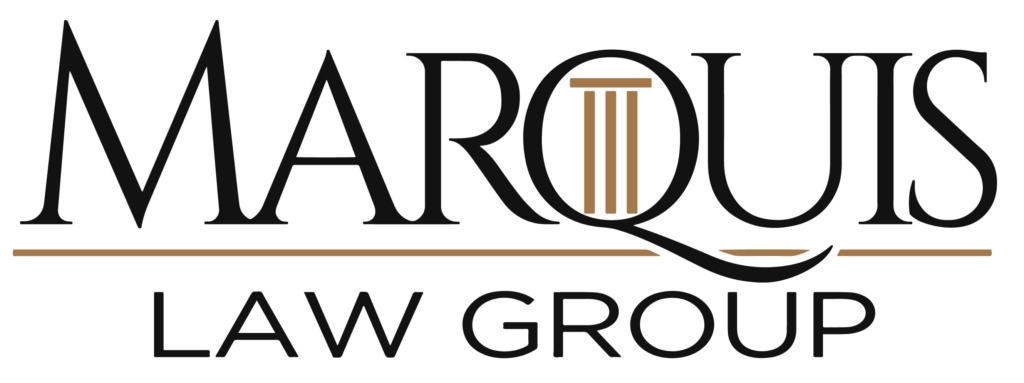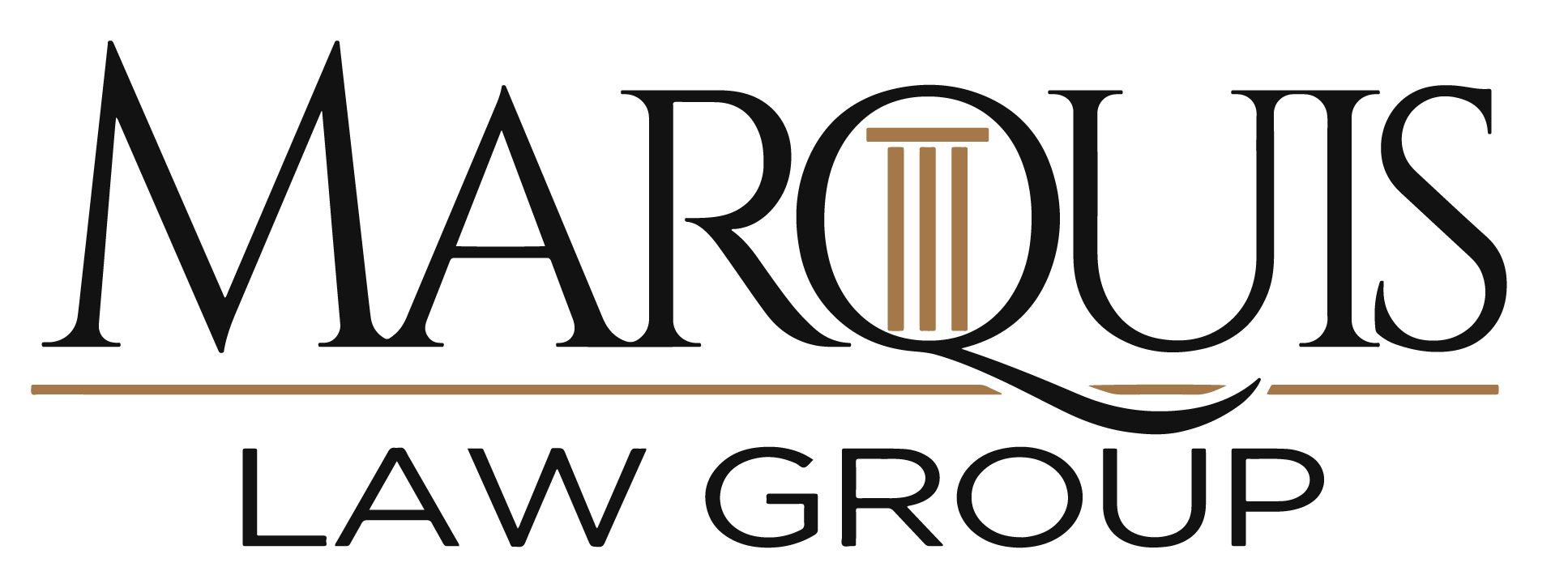Although some may perceive it as a victimless offense, the act of exchanging money for sex is considered illegal in almost every state, including Virginia. The Commonwealth aggressively enforces and prosecutes prostitution laws. The offense of prostitution is outlined in Title 18.2, Chapter 8 (Crimes Involving Morale and Decency) of the state’s criminal code. What may not be immediately apparent to some is that both the individual providing sexual services for money (the prostitute) and their customer (commonly referred to as the “John”) can be subject to criminal charges. Those accused of prostitution also confront significant personal consequences. A Virginia prostitution lawyer can provide a more in-depth explanation of the complexities associated with this criminal charge.

Prostitution Offenses in Virginia
In Virginia, participating in sexual activities for financial gain or other valuable items is generally deemed a criminal offense. Interestingly, criminal charges can be brought forth even in the absence of actual sexual contact. Moreover, urging or enticing another person to partake in prostitution constitutes solicitation, which can lead to charges, irrespective of whether the sexual act takes place. Prostitution, as outlined in Section 18.2-346, is categorized as a Class 1 misdemeanor, carrying a possible punishment of up to 12 months of imprisonment and/or a fine of up to $2,500.
Places of Indecency and Offenses Related to Prostitution
Apart from facing charges related to prostitution and solicitation, individuals can also find themselves accused of offenses such as “maintaining, residing in, or frequenting ‘indecent places'” under Section 18.2-347. An indecent place is defined as any location, whether indoors or outdoors, utilized for the purposes of prostitution or as a meeting point for sexual activities.
Consequences for this offense, classified as a Class 1 misdemeanor, may involve up to one year of imprisonment and/or a fine of $2,500. It’s crucial to be aware that if charged with residing in one of these places, each day of habitation can lead to a separate criminal count or charge.
Legal Ramifications of Aiding Prostitution in Virginia
Aiding Prostitution in Northern Virginia is classified as A Class 1 misdemeanor resulting in a jail term of within a period of 12 months or a monetary penalty not surpassing $2,500. Aiding prostitution is defined as transporting someone to a location for the purpose of prostitution with the knowledge or reasonable expectation that the illegal activity would occur. Additionally, providing information to another person on how and where to obtain prostitution services can lead to charges if the state can establish intent.
Utilizing Vehicles in Facilitating Prostitution
Being accused of using a motor vehicle for prostitution purposes or allowing others to use your vehicle for such activities can result in a Class 1 misdemeanor charge. However, proving intent is crucial in this case, requiring evidence that you knew or had reason to believe that the vehicle would be directly used for or to promote acts of prostitution. The penalties for this offense align with those of other Class 1 misdemeanor charges related to prostitution discussed earlier.
Virginia Felony Charges for Prostitution
In Virginia, engaging in certain prostitution-related activities can lead to felony charges, resulting in more severe consequences upon conviction. These offenses include:
- Taking, detaining, or confining an individual for prostitution.
- Receiving payment for procuring a prostitute(s).
- Receiving income derived from the services of a prostitute(s).
According to Section 18.2-355, the act of taking or holding someone for prostitution involves:
- Bringing an individual into a “bawdy place” or compelling them to go against their will to any location for prostitution purposes.
- Holding or detaining someone against their will with the intent to coerce them into marriage or subject them to defilement.
- If you are the parent or guardian of the victim and provide consent for the victim to be taken or detained for prostitution.
A conviction for this offense in Northern Virginia is classified as a Class 4 felony, equating it to pandering. The penalties for this felony include a potential imprisonment term of two to 10 years and a possible fine of up to $100,000.
Section 18.2-356 outlines that individuals who accept compensation, whether in the form of money or any other valuable item, in return for facilitating access to a bawdy place, brothel, or any location intended for prostitution, will be charged with a Class 4 felony. Furthermore, those who receive payment (including cash, drugs, or other valuables) for coercing individuals into concubinage, prostitution, forced labor, or the production of child pornography will also face a Class 4 felony with corresponding penalties.
In accordance with Section 18.2-357, the act of receiving money derived from the earnings of a prostitute is defined as anyone who is aware that the funds or valuable items received originated from a prostitute’s earnings. Engaging in such conduct may lead to charges of pandering, classified as a Class 4 felony. The associated penalties encompass imprisonment for a duration of two to 10 years, along with fines reaching up to $100,000.
Arrests for Prostitution in Virginia
Oftentimes, these arrests arise from undercover sting operations conducted by law enforcement agencies. In such operations, an undercover officer may pose as a decoy, seeking to solicit sexual services either in a bustling area or via online/print classified services. Whether your arrest is a product of a sting operation or another law enforcement initiative, the optimal strategy for your criminal defense depends on your case’s circumstances.

